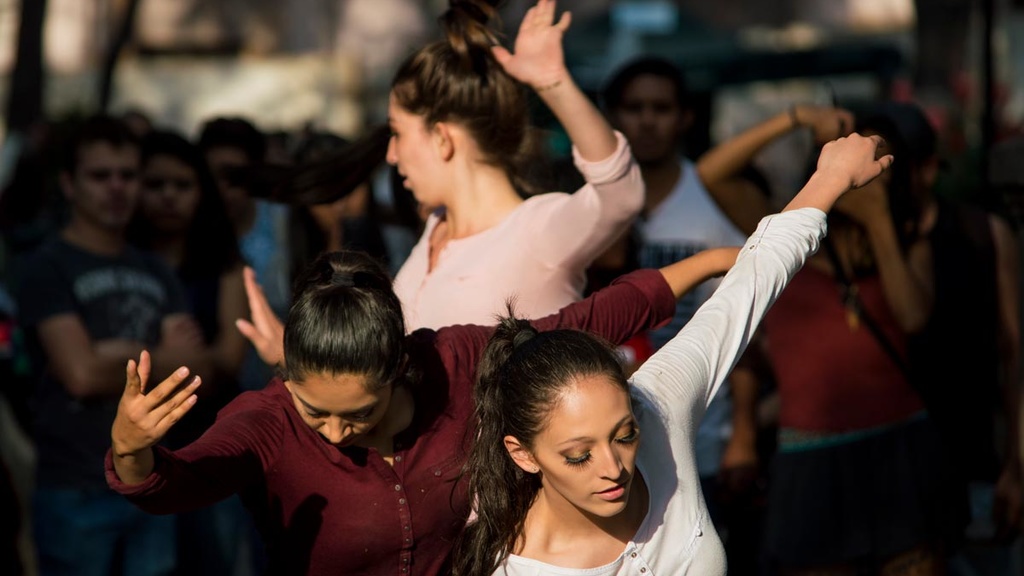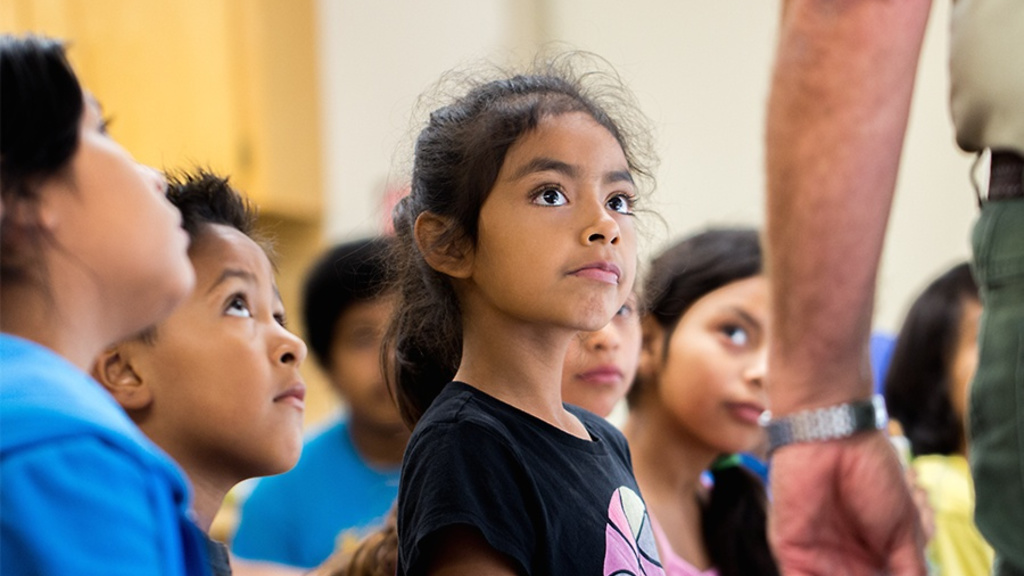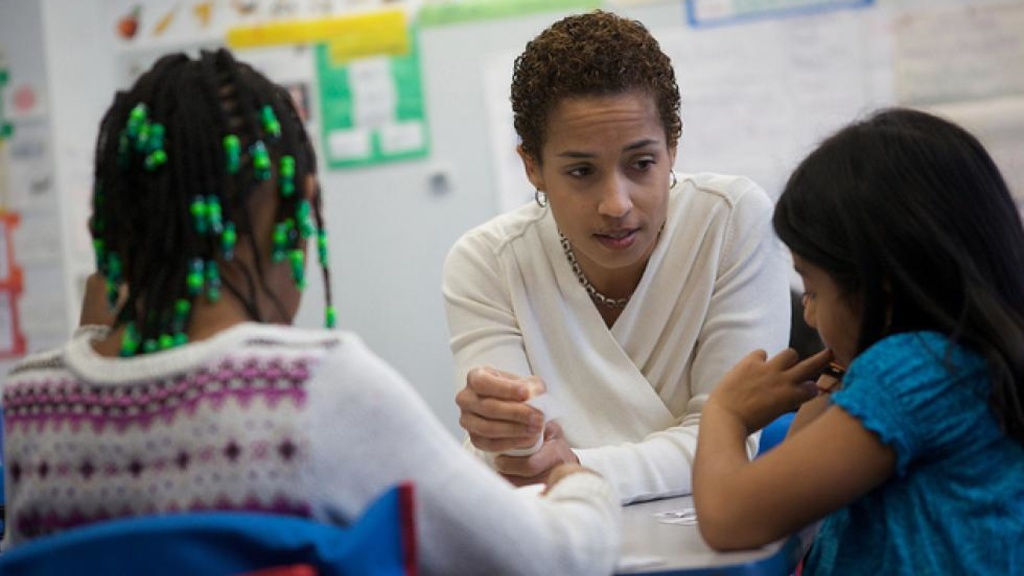
Achoques
Achoques is an interdisciplinary research project that combines documentary methodologies with speculative fiction and contemporary theoretical writing related to ecological crisis.
Finishing as both a medium-length hybrid documentary film and a multimedia online project, Achoques explores themes of transformation, alchemy, regeneration, contamination, and interdependence through the lens of the Lake Pátzcuaro salamanders and the group of nuns who are keeping the species alive. (They are currently listed as Critically Endangered by the International Union for Conservation of Nature.)
Co-directors: Mary Helena Clark (School of Art, The Cooper Union) and Mike Gibisser (Cinematic Arts)

Doing Things Together: Ensemble Dance Improvisation for Collective Action
While in residence, this group will complete a co-authored manuscript defending the thesis that ensemble dance improvisation is a form of collective action—indeed, in some ways, an ideal form of collective action—and that seeing it as such can help reveal the richness and value of this particular artistic practice, and may also contribute to a deeper and more nuanced philosophical understanding of the nature of collective action. This collaboration may inform and support our capacity to do things together in more sophisticated and ethical ways, both within and beyond artistic contexts.
Co-directors: Ali Hasan (Philosophy) and Jennifer Kayle (Dance)

The Influence of Socioeconomic Status on Spoken Word Recognition in School-Aged Children
This group aims to understand the influence of socioeconomic status (SES) on children’s spoken word recognition. Children from impoverished backgrounds have heard 30 million fewer words than their more affluent peers. These early differences in language experience translate to gaps in language ability (e.g., spoken word recognition) that persist over time and are predictive of later academic achievement. However, the mechanisms that contribute to differences in spoken word recognition between children from lower- and higher-SES backgrounds are not well understood. The proposed research seeks to collect data on a representative sample of children across institutions and will be accomplished through two main phases.
During their residency at the Obermann Center, the group will develop protocols, stimuli, and methods to match across data collection sites, including identifying recruitment strategies and funding sources. They will also begin grant writing to support the long-term goals of the project.
Co-directors: Stephanie De Anda (Special Education & Clinical Services, University of Oregon) and Kristi Hendrickson (Communication Sciences & Disorders)

Teachers of Color in Iowa: An Exploration of Race-Related Stress, Job Satisfaction, & Quality of Life
This group's research addresses the critical need to investigate how teachers of color navigate the educational workforce. In the next decade, recent projections show a major shift in the student demographic population in which students of color will represent a majority of those served by the public educational system; the percentage of White students in public schools is projected to fall to 46% by 2024. Conversely, demographics within the educator workforce remain stagnant. In 2012, 82% of teachers and 80% of principals nationally identified as White (U.S. Department of Education, 2016). Historically and recently, the study of race in schools has focused on the relationships between students and teachers where the racial mismatch between students of color and White teachers is linked to achievement gaps and other educational outcome disparities (e.g., graduation rates). Teachers of color may enter the workforce intrinsically motivated to address these educational outcome disparities for students color only to encounter a school climate that is difficult to navigate, particularly the tense interpersonal relationships between peer teachers and administrators who are members of the majority, dominant race (Simon & Johnson, 2015; Gist, 2018).
This group's research, instead, seeks to explore the racial mismatch between teachers of color in Iowa and members of the majority White educational workforce. Group members will investigate how teachers of color in Iowa navigate a workforce within which they are vastly outnumbered, with particular attention to how these complex interpersonal working relationships may lead to race-related stress for them.
Co-directors: Ain Grooms (Educational Leadership & Policy Studies), Ebonee Johnson (Community & Behavioral Health), and Duhita Mahatmya (College of Education)